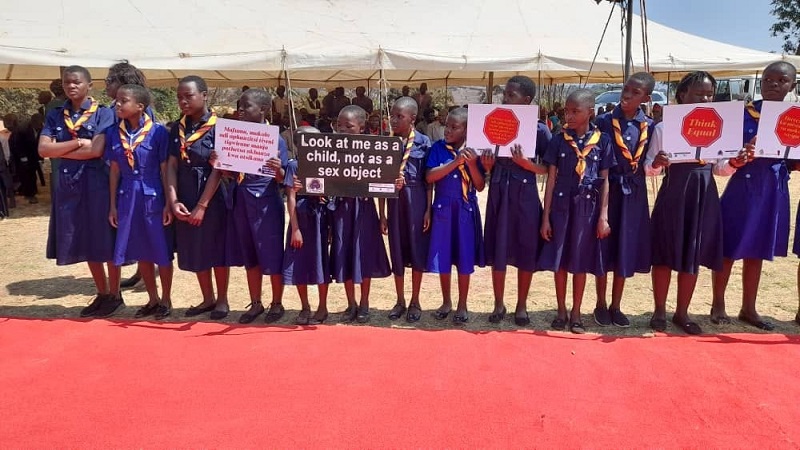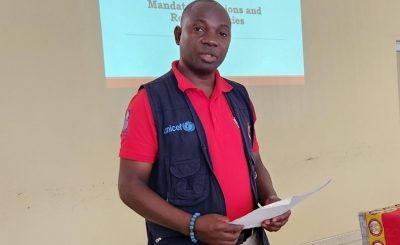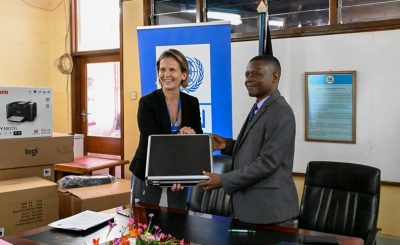First Lady Monica Chakwera has reiterated the need for concerted efforts if Malawi is to bridge the widening gender gap in various sectors.
The First Lady was speaking in Dowa during the official launch of unifying campaign: closing gender gaps in education, health, and economic empowerment in Malawi.
According to Chakwera, it is worrisome to observe that girls are being married off at a tender age irrespective of different interventions put in place to address vice.
“Our failure to protect girls and keep them in school has brought devastating consequences and impedes the development of Malawi.
“When girls are not in school, they are either married, pregnant, or living in abusive marriages,” said Chakwera.
Speaking on behalf of partners fostering the campaign, Family Health Services (FHS), deputy executive director Chiwawa Nkhoma, said collaboration is critical in ensuring that the gender balance is achieved.
She said: “It’s a very important campaign because we are seeing a lot of indifferences between men and women. So that really applies to girls and boys, a lot of school dropouts, a lot of indifferences in opportunities in terms of access to loans or going to the facilities.
“You need to understand what are the barriers that are holding back girls to access their sexual reproductive health services (SRHS), and that’s our role as organisations to understand those barriers. In order to come up with services that are going to overcome those barriers and enable the girl to access the SRHS.”
The launch has been held under the theme: “We are equal: Closing the Gap in Education, Health and Economic Empowerment in Malaŵi.”
Organisation of African First Ladies for Development (OAFLAD) is an advocacy organisation where African First ladies seek to leverage their unique position to advocate for policies that make health services accessible and laws that boost women and youth empowerment.
Statistics show that 42 percent of country’s girls are married before age 18, and 9 percent are married before their 15th birthday.
Across Malaŵi, the highest rates of child marriages are in the southern region (46 percent) and low in some districts in the northern region, such as Rumphi District.





